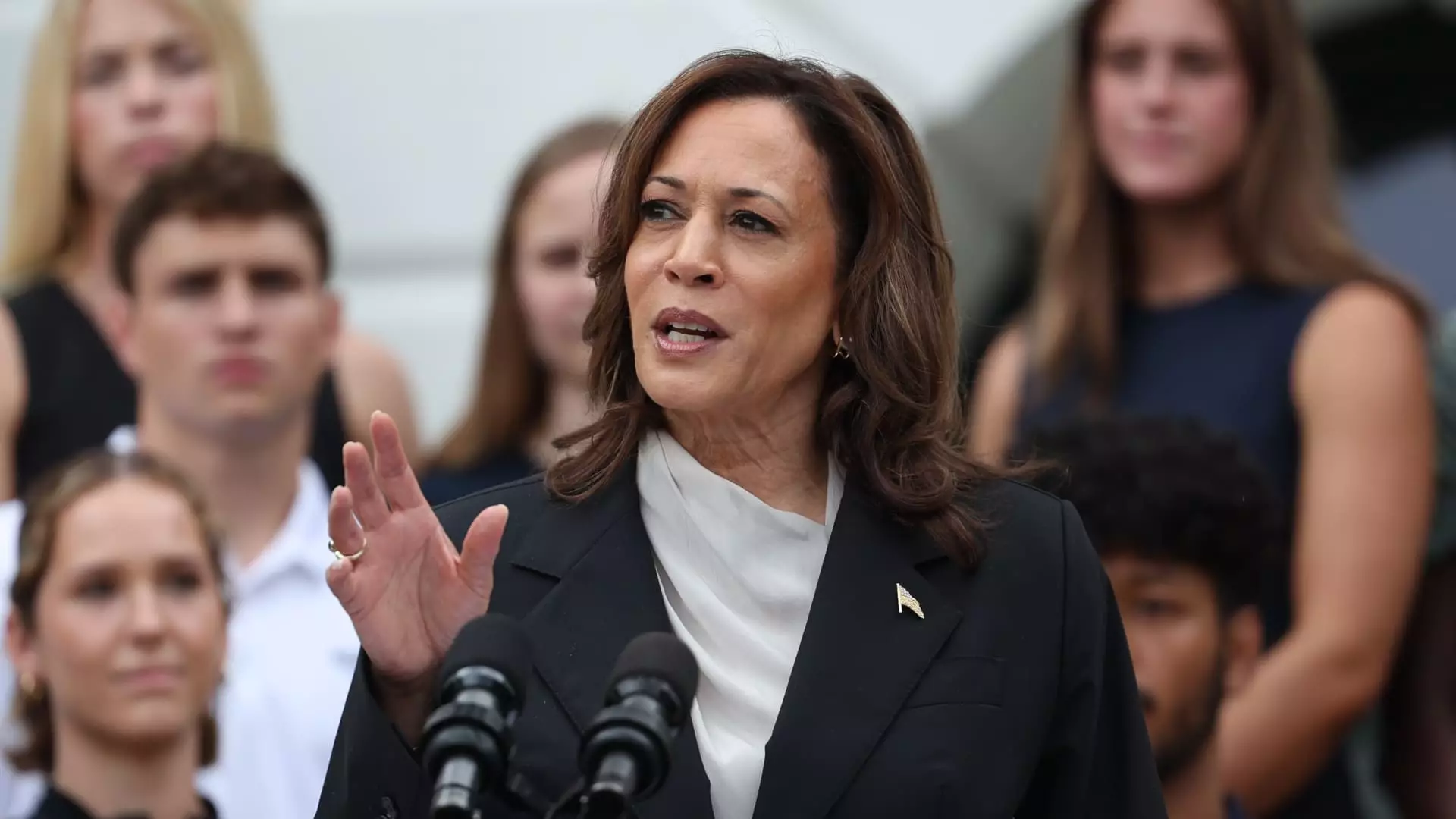Vice President Kamala Harris has long been recognized as a strong advocate for affordable housing. Throughout her career, she has voiced her support for policies aimed at ensuring that every American has access to affordable housing. One notable example is when Harris posted on X about the Biden administration’s initiative to cap rent increases by 5% for landlords with 50 or more rental units. This move was intended to prevent excessive rent hikes and provide relief to renters facing financial constraints.
The California Homeowner Bill of Rights
During her tenure as attorney general for California, Harris played a pivotal role in drafting and passing the California Homeowner Bill of Rights. These laws were specifically designed to safeguard homeowners from unfair practices within the housing market. The implementation of these rights marked a significant step towards protecting vulnerable homeowners from foreclosure and fraud, ultimately providing them with much-needed support during times of crisis.
Legislative Initiatives as Senator
As a senator, Harris introduced the Rent Relief Act in 2018, a bill aimed at offering tax credits to renters earning below $100,000 and spending over 30% of their income on rent and utilities. This initiative sought to alleviate the financial burden on low-income renters and make housing more affordable for those struggling to make ends meet. Harris later revisited the bill in 2019, refining its provisions to include a monthly tax credit disbursal mechanism and setting caps on credit amounts to ensure fair distribution.
In her most recent endeavors, Vice President Harris announced grant funding totaling $85 million under the Pathways to Removing Obstacles for Housing (PRO Housing) project. This initiative, developed in collaboration with the U.S. Department of Housing and Urban Development, aims to stimulate building activities and reduce housing and rental costs for families across the country. Additionally, Harris allocated $5.5 billion through HUD to enhance affordable housing, promote economic growth, foster wealth creation, and address homelessness in various communities.
The backdrop to Harris’ affordable housing policies is a growing crisis of homelessness and escalating housing costs facing the nation. Recent statistics reveal a sharp increase in homelessness rates, with a record 653,100 people experiencing homelessness in a single year. These sobering figures underscore the urgent need for comprehensive strategies to expand affordable housing options and alleviate financial burdens on both buyers and renters.
As Vice President Harris emerges as a potential Democratic nominee for president, her housing policies are coming under closer scrutiny. One prominent proposal from her 2020 Presidential campaign is the LIFT the Middle Class Act, which offers refundable tax credits to middle- and working-class Americans. Experts suggest that this bill may provide more substantial benefits to renters compared to the 5% rent cap proposed by President Biden. While the rent cap could inadvertently disrupt the housing market and lead to unintended consequences, the LIFT Act offers a more targeted approach to addressing rent inflation and housing affordability challenges.
Vice President Kamala Harris’ commitment to affordable housing is evident through her advocacy for impactful policies and legislative initiatives. By prioritizing the needs of vulnerable homeowners, low-income renters, and communities facing housing crises, Harris has demonstrated a proactive approach towards addressing housing challenges. Looking ahead, her proposed LIFT the Middle Class Act presents a promising opportunity to further expand access to affordable housing and support middle-class Americans in securing stable and affordable living arrangements.

